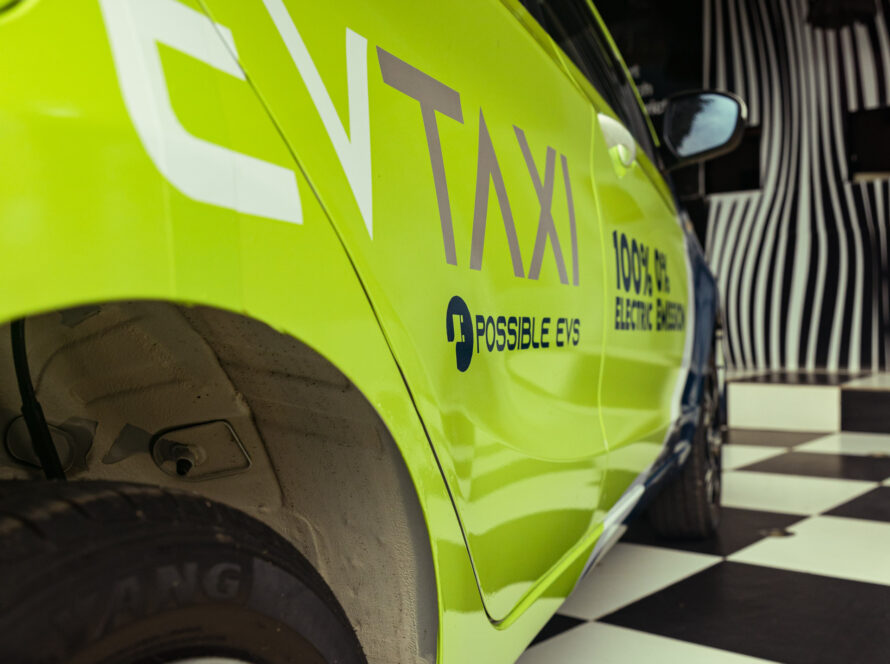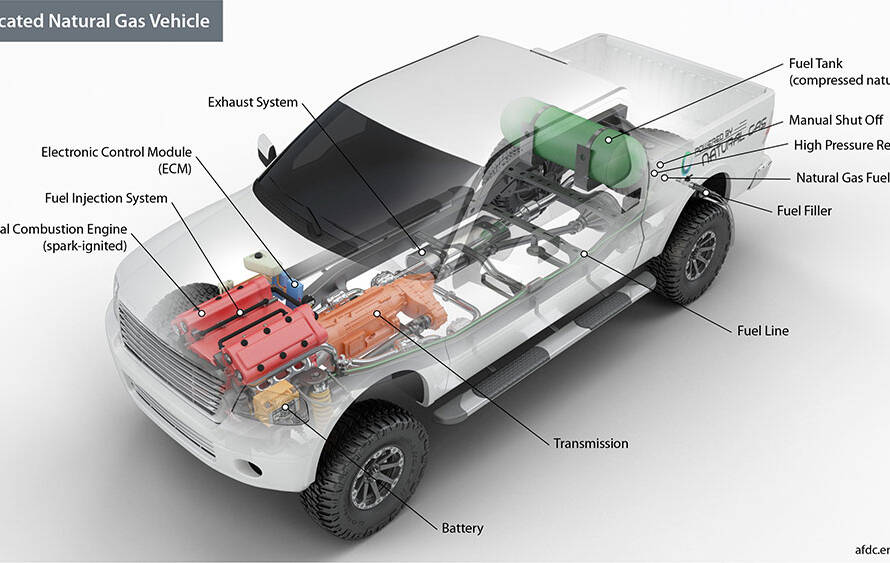In the ongoing dialogue about Nigeria’s path in the global shift towards renewable energy, the conversation has recently pivoted towards the nation’s untapped wealth of transition minerals. These minerals, notably cobalt and lithium, are the cornerstone in Nigeria’s potential to become a significant player in the growing electric vehicle (EV) industry.
Transition minerals are essential elements crucial for the manufacturing of various sustainable technologies, particularly electric vehicles and renewable energy systems. Rare earth elements (REA), lithium, cobalt, nickel, silicon — these minerals are essential to our global sustainable future, and Nigeria is known to have a significant deposits of some of them, particularly lithium and cobalt, which are essential components in the manufacturing of electric vehicle batteries.
This article looks at some of Nigeria’s transition mineral deposits and how they contribute to the manufacturing of electric vehicles and other renewable energy technologies.
Transitioning to a Net Zero Economy
The transition to a net-zero economy will drive a considerable increase in the demand for transition minerals, as the desire for electric vehicles, solar panels, wind turbines, etc., will require a large quantity of energy transition minerals, including copper, nickel, aluminum, cobalt, and lithium.
Unlike fossil fuel-based transport systems, the demand for transition minerals will be significantly higher because of the material density of renewable energy technologies.
Electric cars, for example, require up to six times more minerals to produce than traditional ICE vehicles. But despite the seemingly large mineral inputs required by these energy devices, their carbon footprints are still significantly lower (down to 62 percent) than the old technologies they’re replacing.
Let’s delves into the relationship between Nigeria’s abundant transitional mineral deposit and how they position the country as a crucial player in propelling the electric vehicle revolution and other sustainable energy technologies.
Nigeria’s Bounty of Natural Resources
Blessed with over 40 solid mineral deposits, including gold, iron ore, silver, copper, and gemstones, spread across approximately 450 locations, Nigeria is undeniably a mineral-rich nation strategically positioned for global technological contributions. Among these minerals, copper, lithium, cobalt, nickel, and rare earth elements (REEs) play crucial roles in the manufacturing of components for both mobile phones and electric vehicles.
Abundant copper deposits, found in Nasarawa, Plateau, Zamfara, Bauchi, Gombe State, Kano State, and Abia State, contribute to various wiring components in EVs. The lithium reserves in Kogi, Nasarawa, Ekiti, Kwara, Cross River, Oyo, and Plateau can significantly impact the production of high-performance EV batteries. There is also cobalt, found in Kano, which enhances battery stability in lithium-ion batteries.
Nickel is another important element crucial for the energy density and performance of EV batteries. And Nigeria has about five million metric tons of nickel deposits, found in Kaduna, Kebbi, Nasarawa, and Taraba. Rare Earth Elements (REEs) are mined in states such as Plateau, Lagos, and Adamawa. REEs are responsible for the vibrant colors displayed by smartphone screens, and they are also vital for magnets and speakers in EVs. By harnessing these resources responsibly, Nigeria can unlock its potential as a mineral-rich nation and a vital contributor to the electric vehicle industry in Africa and the world.
Unlocking Nigeria’s Potential in Electric Vehicle Manufacturing
As global demand for clean energy rises, Nigeria’s rich deposits of transition minerals offer a unique opportunity. Responsible harnessing of these resources, coupled with sustainable mining practices, can position Nigeria as a significant contributor to the global EV industry. By focusing on collaboration, investment, and innovative policies, we can meet domestic EV production needs and also emerge as a reliable exporter of EV components.
Possible EVS as Part of the Solution
In our pursuit of a green future, Nigeria’s valuable transition minerals are stepping up as agents of change. At Possible EVS, we dream of a tomorrow where smart partnerships, eco-friendly practices, and forward-thinking policies propel Nigeria to the forefront of the global electric vehicle manufacturing scene. By tapping into our natural resources, we’re paving the way for a cleaner, greener world—and we’re steering the electric vehicle revolution full speed ahead.
With Nigeria’s rich deposits of essential components, we believe in the potential to make our country a true global leader in manufacturing electric vehicles, and that’s a road we’re excited to travel.


